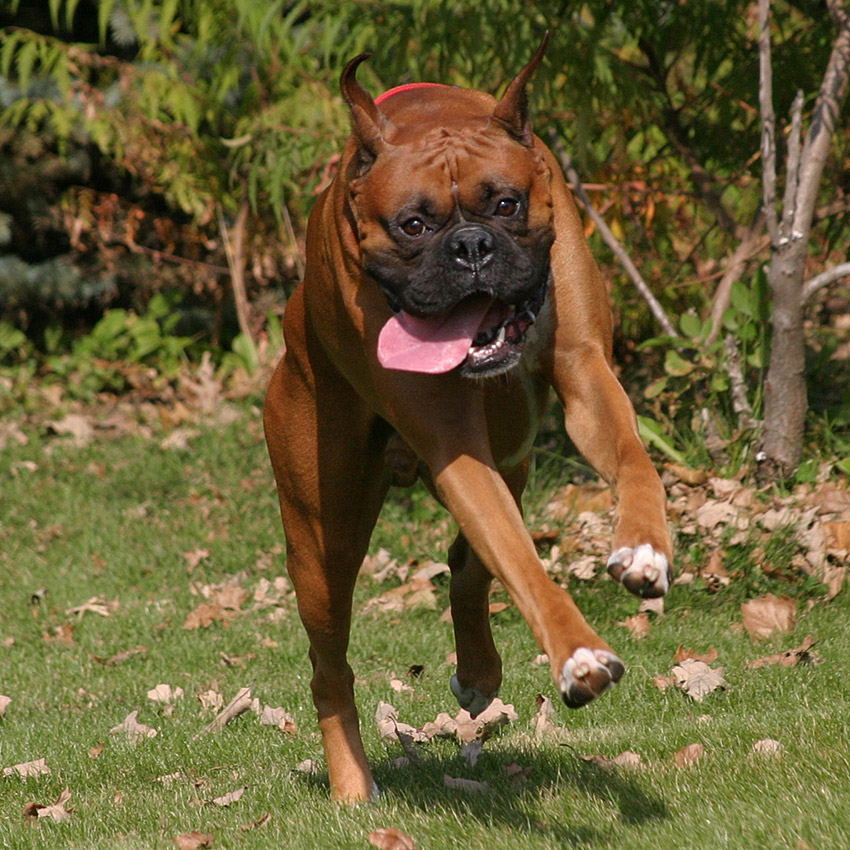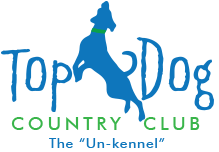
There is a lot of hubbub in the dog food industry regarding grain-free diets. Some are claiming that a grain-free diet causes a taurine deficiency and leads to dilated cardiomyopathy. Not so fast. Let’s look at the facts.
There has been an increase in dilated cardiomyopathy in some dog breeds, including American Cocker Spaniels, Golden Retrievers, Newfoundlands and other giant breeds, source PetMD.
A 1980’s UC Davis study found a taurine deficiency in cats so veterinary cardiologists began looking for taurine deficiencies in their canine patients with dilated cardiomyopathy (DCM). No direct cause-and-effect relationship could be established, since the vast majority of dogs with DCM weren’t taurine-deficient.
Taurine is not considered an essential amino acid for dogs because like many other species, their bodies have the metabolic capacity to manufacture taurine.
Dr. Joshua Stern, Chair of the Department of (Veterinary) Cardiology at UC-Davis noted that taurine deficiency may contribute to the incidence of DCM in genetically susceptible dogs, like Golden Retrievers. “I suspect that Golden Retrievers might have something in their genetic make-up that makes them less efficient at making taurine,” Stern told the Morris Animal Foundation.
While legumes are being singled out as the potential problematic ingredient, grain-free kibble is often higher in both whole carbohydrates and purified starches (e.g., pea starch, potato starch and tapioca starch). And, the higher the starch level in any pet food, the less protein is included. A 2003 study published in the Journal of Animal Physiology and Animal Nutrition reported that animal muscle tissue, especially marine animals, contains high levels of taurine, whereas plant-based ingredients contained either low or undetectable amounts.
Unfortunately, some processed pet food advocates are using the link between grain-free dog foods and DCM to try to push dog parents back in the direction of grain-based diets. Don’t be fooled. The problem with grain-free formulas isn’t the lack of grains! It’s the high level of starchy
carbohydrates coupled with the extreme high-heat processing methods used to produce some of these diets that make them a poor source of taurine, for dogs that need to supplement, Dr. Karen Becker, DVM.
Here’s my take:
From my 33 years of feeding my own packs of dogs and 19 years of feeding thousands of dogs in my care, I can tell you that there is a direct link between diet and health.
It’s not the grain-free diet that is the problem. It is a poor diet that is low in protein and high in starch that may deplete taurine levels in some dogs that have compromised production of taurine on their own. If supplementation is needed for those dogs, the best source for taurine is raw sardines or (BPA free canned with no added salt), liver, heart and raw or boiled eggs.
The original intent for grain-free was feeding a raw, ancestral-appropriate diet. I do not believe that grains are a natural or useful part of a dog’s diet. They are a filler. However, if a grain free-diet is filled with poor quality proteins like plant based from peas, legumes, lentils and other starches, then it is simply a poor diet, regardless of taurine. Remember, dogs have the ability to metabolically manufacture taurine and do not need it in the foods they eat, unless they have a compromised ability to produce it.
Jean Stelten
“Lead Dog”
Top Dog Country Club
Jean Stelten
"Lead Dog"
Top Dog Country Club


